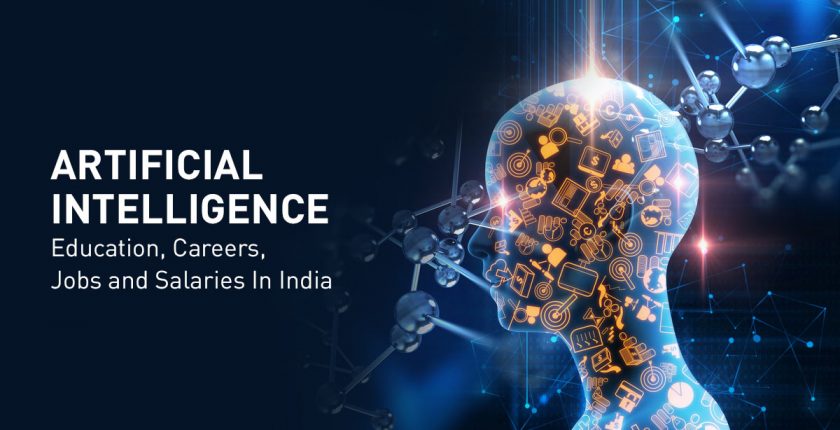- Home
- About
- Services
- Programs
- Partners
- North
- Sage University, Bhopal
- Sanskriti University
- Lingaya’s Vidyapeeth
- Shivalik College of Engineering
- Mewar University
- Lingaya’s Vidyapeeth, Chhatarpur South Delhi
- Sushant University
- CT Group of Institutions, Jalandhar
- Quantum University
- Geeta University
- APEX University
- Jagannath University Delhi
- SAGE University
- Teerthanker Mahaveer University
- East
- West
- South
- North
- Resources
- Highlights
- Contact Us
- Home
- About
- Services
- Programs
- Partners
- North
- Sage University, Bhopal
- Sanskriti University
- Lingaya’s Vidyapeeth
- Shivalik College of Engineering
- Mewar University
- Lingaya’s Vidyapeeth, Chhatarpur South Delhi
- Sushant University
- CT Group of Institutions, Jalandhar
- Quantum University
- Geeta University
- APEX University
- Jagannath University Delhi
- SAGE University
- Teerthanker Mahaveer University
- East
- West
- South
- North
- Resources
- Highlights
- Contact Us




